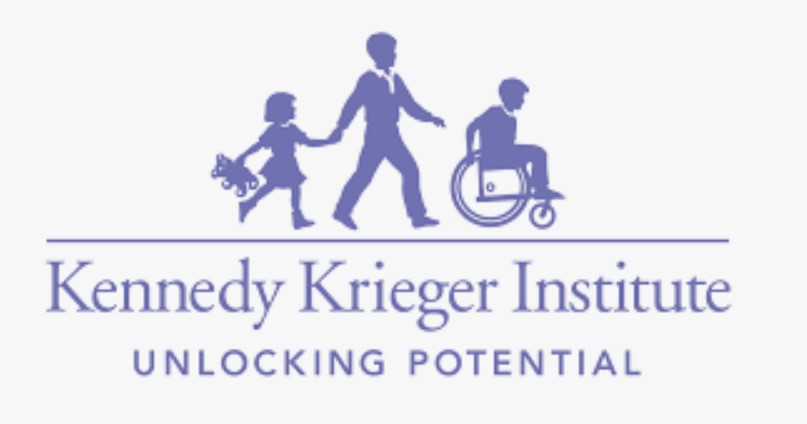The Role of Kennedy Krieger Institute in Managing Rare Diseases
Kennedy Krieger Institute plays a pivotal role in managing rare diseases, significantly easing the lives of patients and their families through comprehensive care, specialized programs, and community engagement.
4/2/20252 min read


Kennedy Krieger Institute plays a pivotal role in managing rare diseases, significantly easing the lives of patients and their families through comprehensive care, specialized programs, and community engagement.
Comprehensive Care and Specialized Programs
Kennedy Krieger Institute is recognized as a leader in the diagnosis and treatment of rare pediatric diseases. It serves as a National Organization for Rare Disorders (NORD) Rare Disease Center of Excellence, treating over 50 rare diseases including leukodystrophies, muscular dystrophies, and various genetic syndromes1. The institute employs an interdisciplinary approach to patient care, integrating specialists from various fields such as neurology, genetics, rehabilitation, and behavioral health to create tailored treatment plans that address the unique needs of each child2.
The institute’s commitment to individualized care is evident in its various specialized programs. For instance, the Moser Center for Leukodystrophies focuses on specific genetic disorders affecting myelin formation in the nervous system3. This center not only provides clinical care but also engages in research aimed at discovering new treatments and improving existing therapies4. By offering access to cutting-edge research and clinical trials, Kennedy Krieger ensures that families have options that may not be available elsewhere.
Genetic Counseling Services
A critical aspect of managing rare diseases at Kennedy Krieger is its genetic counseling services. Genetic counselors work closely with families to explain complex genetic information, assist with testing decisions, and provide emotional support throughout the diagnostic journey5. This service is particularly important for families dealing with uncertainty regarding their child’s condition. By helping families understand potential diagnoses and implications for future children, genetic counselors empower them to make informed decisions about their healthcare6.
Community Engagement and Support Resources
Kennedy Krieger also emphasizes community engagement through its Patient Experience and Community Engagement department. This department provides resources such as patient advocacy services, accommodations for families visiting the institute, and opportunities for volunteering or donating7. Such initiatives foster a supportive environment where families can connect with others facing similar challenges.
Moreover, Kennedy Krieger offers educational materials and workshops that help families navigate the complexities of rare disease management. These resources are crucial for parents who often feel overwhelmed by medical jargon and treatment options8.
Research Contributions
The institute’s ongoing research efforts contribute significantly to understanding rare diseases better. By participating in national networks like ALD Connect—a global consortium focused on adrenoleukodystrophy—Kennedy Krieger collaborates with other institutions to share knowledge and develop effective treatments9. This collaborative approach not only enhances patient care but also increases awareness about rare diseases within the broader medical community.
Conclusion
In summary, Kennedy Krieger Institute’s multifaceted approach to managing rare diseases—through comprehensive care programs, specialized genetic counseling services, community engagement initiatives, and robust research efforts—greatly alleviates the burdens faced by patients and their families. By providing personalized support tailored to individual needs while fostering a sense of community among affected families, Kennedy Krieger plays an essential role in improving quality of life for those navigating the challenges associated with rare disorders.
Sources
